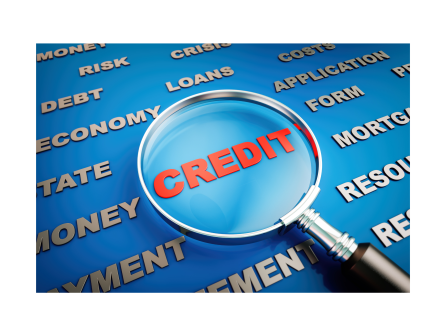In this article, we’ll discuss how you can obtain a credit report in the state of Florida; we’ll also talk about who manages credit reports and how scores are calculated. Lastly, we’ll mention how working with a qualified credit repair company in Miami Lakes can help with removing inaccurate items from your credit report.
Who Manages Credit Reports, and How Are Scores Assigned?
In the United States, there are three credit reporting bureaus–Equifax, Experian, and Transunion. Together, these three bureaus are largely responsible for whether or not a financial institution approves your loan, credit card, or mortgage.
They do this by providing detailed reports of all open and closed accounts a person may have, going back seven years. They also list negative items such as debts that have gone to collection, bankruptcies, and foreclosures.
Based on the number of accounts you have open, how much you owe on each account, payments you’ve missed, and any accounts that are in collections, the credit reporting agencies will assign you a score. Credit scores are a number somewhere between 300 and 850; the higher the score, the better. A typical financial institution likes to see a credit report somewhere around 650 and above in order to approve a loan, provided you have the income to make the payments.
Scores below 650 may still be able to obtain a loan, but will pay substantially higher interest rates. Likewise, those with the highest credit scores will pay lower interest rates, and therefore, far less money over the life of the loan.
How Can I Get My Credit Report?
Since 2005, the Federal Trade Commission (FTC) has mandated that all Americans are entitled to one free credit report each year from each of the three credit reporting bureaus. These free credit reports can be obtained by visiting the websites of the credit reporting bureaus. The bureaus will likely have the option to obtain a credit report in an easy-to-find location on their website. Be careful, though–it’s important to read the fine print and make sure that you are only obtaining your free report and are not signing up for a monthly recurring charge.
What If There Are Incorrect Items on My Credit Report?
Situations such as this are common, especially for people who have common names. Furthermore, someone simply mistyping a social security number into a computer at a bank can lead to an account that does not belong to you being reported to the credit bureaus in your name.
Many people may simply ignore this and hope that the Fair Debt Collection Practices Act statute of limitations will make it go away. For most, however, fixing these mistakes is necessary, time-consuming, and tedious. It often involves waiting hours on hold with not only banks, but the credit reporting bureaus themselves. Then, you’ll need to obtain paperwork proving the debt is not yours and ensure this paperwork reaches the proper bank or credit reporting bureau.
This process can be made even more difficult if the debt is old, as it may be nearing the time when a debt is uncollectible in Florida. Furthermore, even if the debt is uncollectible, it can remain on your credit report.
This is why it’s important to get these inaccuracies removed. You can make this infinitely easier by working with a qualified credit repair agency like The Phenix Group. We’ll take care of the correspondence with the credit bureaus and banks and make sure the inaccurate items are removed so you can get approved for the loans you need.

